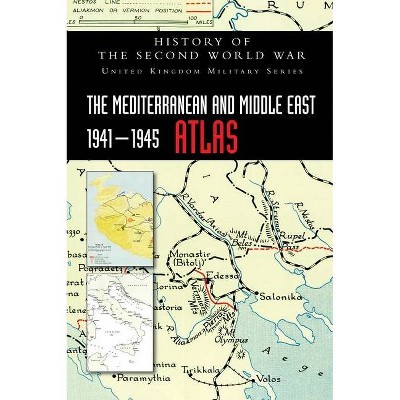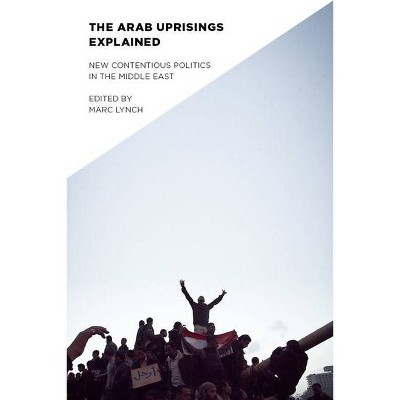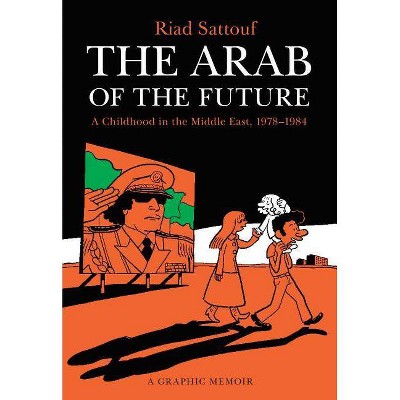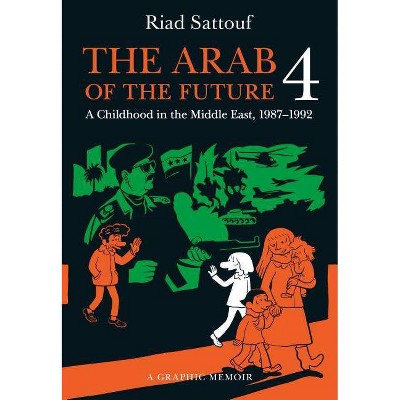Military Responses to the Arab Uprisings and the Future of Civil-Military Relations in the Middle East - by W Taylor (Hardcover)

Similar Products
Products of same category from the store
AllProduct info
<p/><br></br><p><b> Book Synopsis </b></p></br></br>Arab military responses to the popular uprisings across the Middle East and North Africa in 2011 differed notably from one another. Despite numerous economic, social, and political similarities among countries, Arab militaries have fractured, remained unif<p/><br></br><p><b> Review Quotes </b></p></br></br><br><p>'A compelling book, this is one of the most comprehensive explorations of the Arab Spring to date with a theoretical underpinning that will interest both general audiences and political scientists.' - Ruth Margolies Beitler, author of The Path to Mass Rebellion: An Analysis of Two Intifadas and co-author of Women's Roles in the Middle East and North Africa</p> <p>'Beautifully written and highly accessible, this book makes an original contribution to existing literature on the Arab uprisings, offering a sober analysis of different militaries' responses through interest and restraint. This useful guide to the Arab Spring will benefit policy makers, scholars, students, and general readers.' - Nelly Lahoud, United States Military Academy</p><br><p/><br></br><p><b> About the Author </b></p></br></br>William C. Taylor is a professional in the US intelligence community and a former Assistant Professor of American foreign policy at the United States Military Academy at West Point. As a former military advisor to an Iraqi infantry battalion, he has first-hand knowledge of Arab military thinking.
Price History
Price Archive shows prices from various stores, lets you see history and find the cheapest. There is no actual sale on the website. For all support, inquiry and suggestion messages communication@pricearchive.us




















